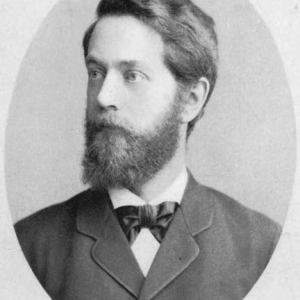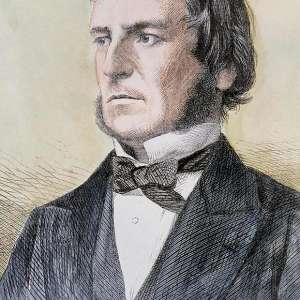
This paper discusses how John Wallis (1616–1703), Savilian Professor of Geometry at Oxford, used biblical evidence to support his ideas about natural philosophy and mathematics. Examples from Wallis’s long career include his calculation of the age of the Earth, his critique of Robert Hooke’s theory concerning the origin of fossils, and his debate with Edward Tyson about whether humans are naturally herbivorous or carnivorous.
My analysis shows that Wallis’s use of biblical history did not necessarily commit him to an intellectually conservative position, but neither did it always encourage him to embrace new ideas. In fact, the truth is somewhere in the middle: I argue that biblical history provided a useful way for Wallis to negotiate between tradition and innovation, to determine which new ideas represented important advances and which were unsubstantiated follies.










































